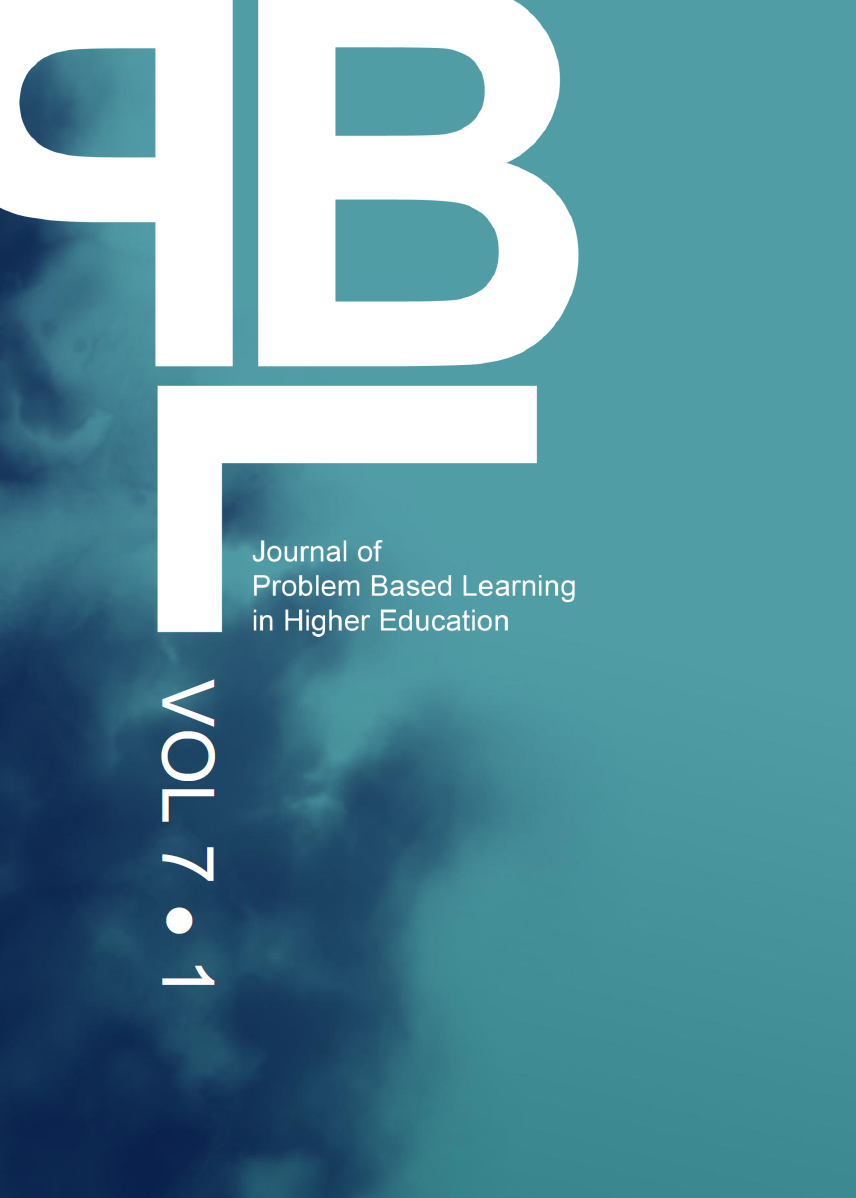Abstract
Educators have observed that our college graduates are not equipped with the complex problem-solving skills to contribute to the many challenges of industry and other professional contexts. This paper describes an experiential problem-based multifaceted instructional design and teaching model at the New York University School of Professional Studies, developed by instructional design and technological experts. The model combines traditional instructional design, evidence-based strategies, and learning theories for development of student critical thinkers who can transfer their new knowledge and capabilities to industry and various other professional contexts. This model includes unique faculty and student orientations and guides, students as active contributors, instructors as facilitators, and collaborative projects. Student surveys of four cohorts (68 students) over four academic quarters indicated strong positive results. Students practiced through experiential problem-based learning and thereby learned critical and creative thinking that increased their communication skills. The program, to continue through New York University, can also be adapted for professionally-oriented education degrees, certifications, and lifelong learning courses.
Articles published in Journal of Problem Based Learning in Higher Education are following the license Creative Commons Attribution 4.0 (CC-BY)
Authors retain copyright and grant the journal right of first publication with the work simultaneously licensed under a Creative Commons Attribution 4.0 International License (CC-BY). Further information about Creative Commons
